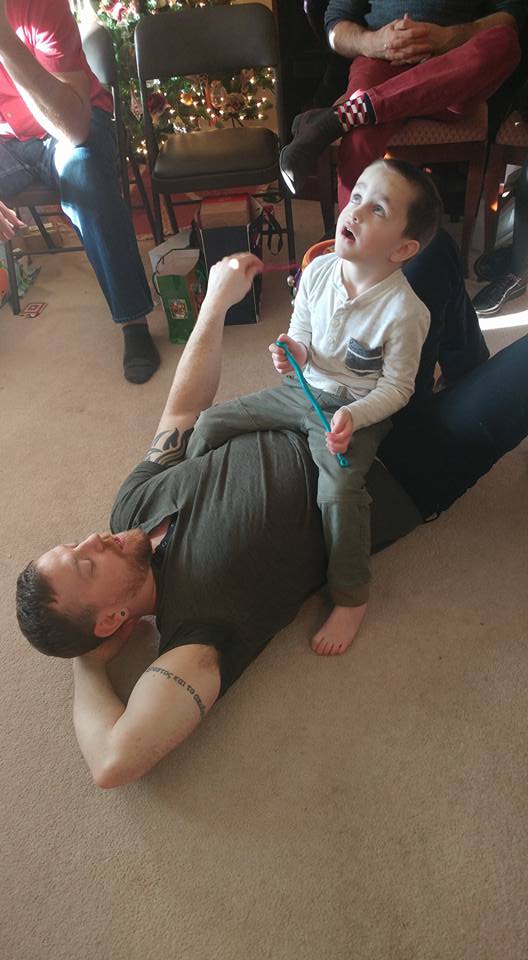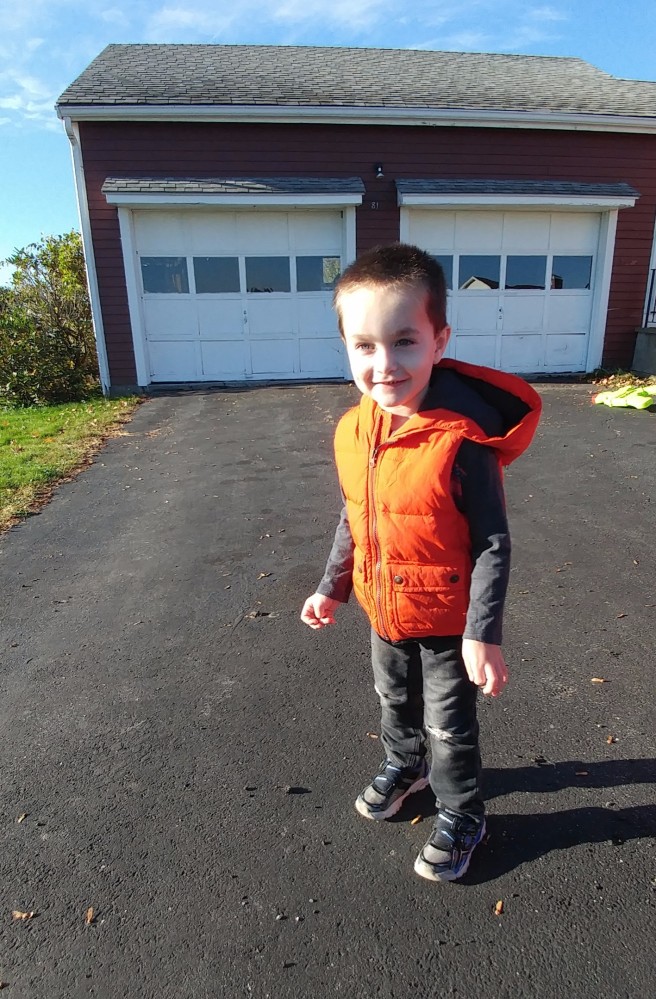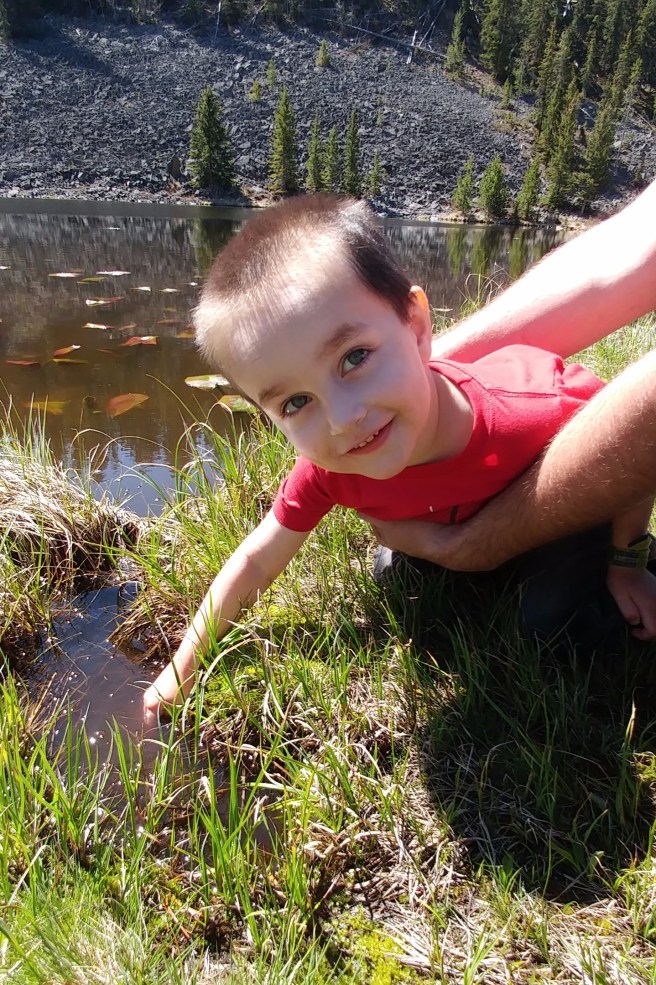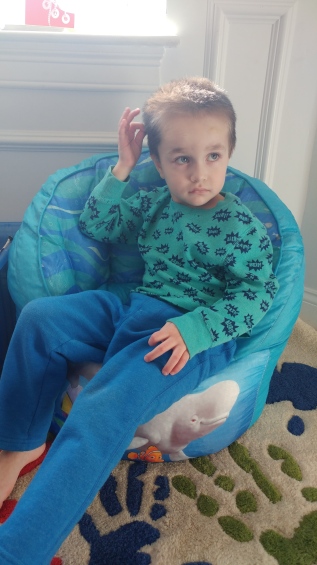
I originally posted this on Facebook and have been meaning to add it here on my blog. Happy April!
It’s Autism Acceptance month and I want to tell you about autism at our house. I’ve had the hardest time writing this because I don’t want to sugarcoat it and ignore the struggles, but I also want you to understand how amazing it is at the same time.

Autism at our house is getting to witness pure joy, the kind of untainted undiluted joy the rest of us can never quite reach. But my son experiences it daily. Autism is dimples and squeals and chanted echolalic songs. Autism is music and vibration all over our house and everywhere we go. Tapping it, tasting it. It’s his language, the one that comes naturally to him unlike ours. Autism is movement. It’s running free, climbing high, it’s bare feet and unashamed nudity as the world rushes by and he cants his head to capture the dizzying beauty in his peripheral vision. Autism is being hand-led to whatever he needs all over the house. Autism is him taking my hand to run it over his skin, his way of asking me to lightly scratch his back and arms. Autism is the way he sometimes looks into my eyes, and it’s so rare that it feels like a jolt to my heart, like I can’t even breathe because it’s so intense. Autism is feeling over the moon with pride and joy every time he conquers something new, no matter how small or odd it may seem to an outsider.

But autism is also anxiety and sensory overload. It’s him not understanding or feeling in control of what’s happening to him. It’s melting down with no control over the spiral, lashing out with teeth and flailing limbs, it’s banging his head. It’s being awake for days. It’s an inability to trust unfamiliar foods or tolerate triggering textures. It’s working ten times as hard as other children but still falling years behind them in developmental and academic skills.

Autism isn’t easy. But it is worth it. My son is the brightest light in any room. His eyes are full of stars and I just wish I could see what he sees. He is a six year old who has never performed a deliberately malicious act in his entire life. Neurotypical kids do mean things deliberately just to be mean from the moment they figure it out as little toddlers. It’s heady, a rush. But Reza never has. It doesn’t even occur to him. He’s the purest most beautiful soul I’ve ever met. Even when he’s lashing out in a meltdown, kicking and biting, it’s never malicious. He’s never trying to hurt anyone. He’s panicking and terrified and trying to rescue himself.
He’s so strong and so much fun to be around, even when he’s driving us nuts he still makes me smile.

A world without autism would be such a loss. Like sucking the light and color out of our human diversity.
Autism is hard. I wish my son didn’t have to go through its hardships. But autism is who he is, he is Autistic. It’s what makes him shine so bright, no matter the difficulties along the way.
At our house, autism is celebrated, and autism is home.

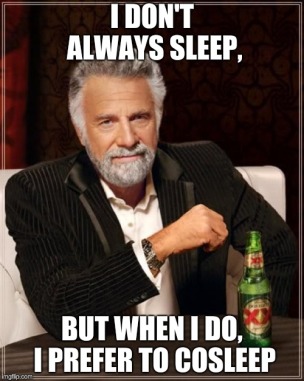
 If you know Reza in person or have followed my blog at all, you’ll know he loves to climb and can scale just about anything. He enjoys climbing in our garage and we usually let him roam in there with the interconnecting door open so we can check on him every few minutes.
If you know Reza in person or have followed my blog at all, you’ll know he loves to climb and can scale just about anything. He enjoys climbing in our garage and we usually let him roam in there with the interconnecting door open so we can check on him every few minutes.
